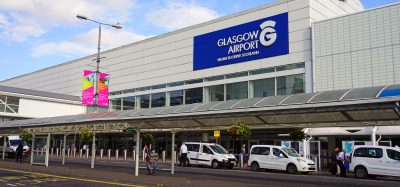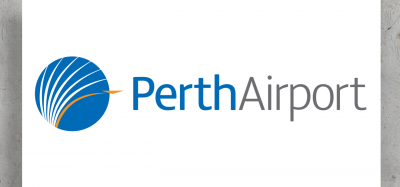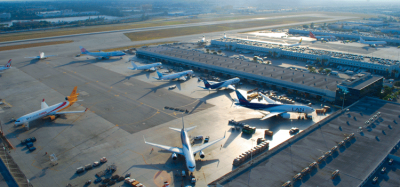Hydrogen South West to host UK’s airport hydrogen hub
- Like
- Digg
- Del
- Tumblr
- VKontakte
- Buffer
- Love This
- Odnoklassniki
- Meneame
- Blogger
- Amazon
- Yahoo Mail
- Gmail
- AOL
- Newsvine
- HackerNews
- Evernote
- MySpace
- Mail.ru
- Viadeo
- Line
- Comments
- Yummly
- SMS
- Viber
- Telegram
- Subscribe
- Skype
- Facebook Messenger
- Kakao
- LiveJournal
- Yammer
- Edgar
- Fintel
- Mix
- Instapaper
- Copy Link
Posted: 9 December 2022 | International Airport Review | No comments yet
Bristol Airport alongside Airbus, easyJet, and EDF’s Hynamics, has joined the UK’s network of ‘ZEROe’ agreements to become an Airport Hydrogen Hub.


How Bristol Airport (BRS) can become an Airport Hydrogen Hub will be determined by a new partnership of Airbus, easyJet, and EDF’s Hynamics. This UK project now joins a network of ‘ZEROe’ agreements that Airbus has reached with various airports in Europe and Asia Pacific to explore hydrogen technology.
The project brings together a network of hydrogen experts to assess the local and global hydrogen supply chains, forecast future hydrogen powered aircraft traffic, and explore how a hydrogen supply at Bristol Airport could also power other forms of transport, such as HGVs and other heavy vehicles.
By bringing together the airport, the airline easyJet, manufacturer Airbus, and hydrogen generator Hynamics, the project creates a unique partnership to assess how hydrogen technology can be best used under ‘real world’ conditions. The project is one of several being taken forward as part of Hydrogen South West, a cross-sector consortium of companies that is working to develop a hydrogen economy in our region.
South West England is home to a significant aerospace and aviation cluster providing around 100,000 jobs. Bringing forward zero emission technology for flight would cut global emissions, secure the long-term future of the sector, and create thousands of new green jobs.
Airbus plan to produce the world’s first zero-emissions commercial aircraft by 2035. A modified Airbus A380 ZEROe demonstrator with a hydrogen-powered engine is expected to begin test flights in 2026. At Filton, Airbus is developing a Zero Emission Development Centre (ZEDC) for hydrogen technologies, including the development of a cost-competitive cryogenic fuel system.
Last month (October 2022), easyJet announced an ambitious roadmap to achieve net zero carbon emissions by 2050, with hydrogen playing a key role. With Rolls-Royce, the airline will shortly begin ground testing of hydrogen-powered engines.
TAKE A READ
In conversation with Simon Earles, Planning and Sustainability Director at Bristol Airport
Hynamics, a subsidiary of EDF, are specialists in low carbon hydrogen production by water electrolysis in France, Germany, and across the UK. Bristol Airport is making itself available as a testbed for new technology, as part of efforts to cut emissions from flights after its own operations become net zero by 2030.
Simon Earles, Director of Sustainability and Corporate Affairs, Bristol Airport commented: “Bristol Airport is delighted to be joining the ranks of prestigious airports around the world in working with Airbus to deliver zero emissions flight. We’re committed to leading on sustainability and opening ourselves up as a testbed for new technology.”
Jane Ashton, Sustainability Director, easyJet added: “At easyJet, we are committed to working towards a future with zero carbon emission flying. We know that technology is a key driver to achieve our decarbonisation targets, with hydrogen propulsion expected to be critical for short-haul airlines like easyJet. This partnership will provide vital lessons on how the fuel can be used in the real world and builds on our strong relationship with Bristol Airport.”
Related topics
Air traffic control/management (ATC/ATM), Aircraft, Airside operations, Emissions, Hydrogen, New technologies, Sustainability, Sustainable development, Terminal operations, Workforce


















